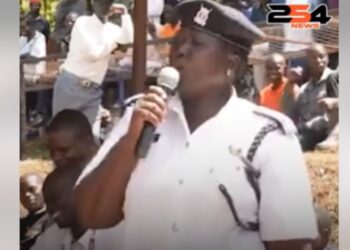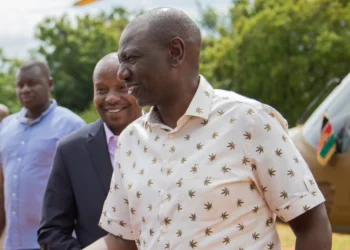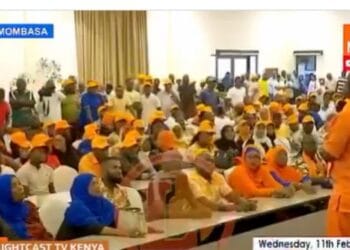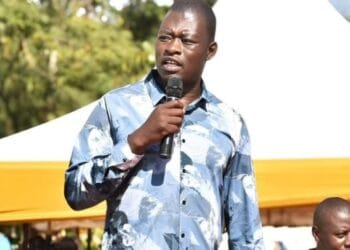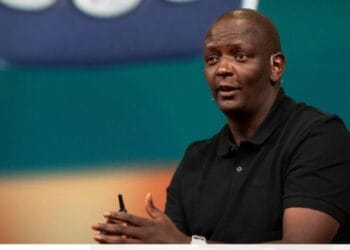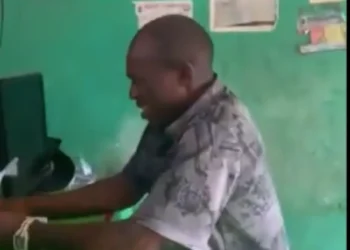Opposition leader Raila Odinga has strongly criticized President William Ruto’s government, saying it has not dealt with important national problems. He has put forward four requests to fix these issues.
Odinga, who leads the Orange Democratic Movement (ODM), made his statements during a press conference in Nairobi today.
His comments have increased the tension between his group and the ruling Kenya Kwanza coalition.
Odinga’s requests are clear: he wants the cost of living to go down, subsidies for basic items like maize flour and fuel to be brought back, an end to the alleged kidnapping of government critics, and the cancellation of the current Social Health Insurance Fund (SHIF), to replace it with the older National Health Insurance Scheme.
He believes these steps are necessary to help ordinary Kenyans who are struggling and to rebuild trust in the government.
“President Ruto needs to hear what the people are saying,” Odinga said, surrounded by his supporters.
“The high cost of living is too much, kidnappings are damaging our democracy, and the new health scheme hurts the poor. We want action now.”
Odinga’s comments come at a time when many people are unhappy about economic difficulties and reports of people going missing, which the government has denied being involved in.
He reminded everyone that Ruto had promised to stop abductions during the 2022 election campaign. Odinga is asking for accountability for this issue.
So far, the Ruto government has not officially responded to Odinga’s latest statements.
However, government officials have previously said that criticisms like these are just for show and that the new economic policies and health schemes are for the country’s long-term benefit.
Reactions to Odinga’s requests have been mixed. Supporters see his actions as a needed fight for justice, while some allies of Kenya Kwanza say he is using public anger for his political gain, especially as he strives to become the chairperson of the African Union Commission.
Experts believe this increase in tension could be the start of a stronger opposition movement as the 2027 general election approaches.
